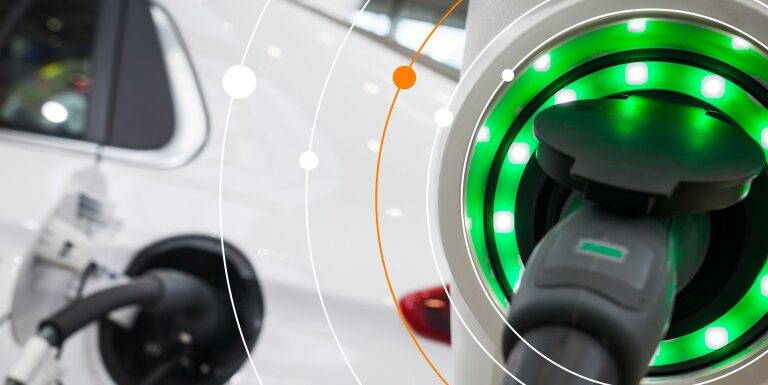
Automotive industry has transformed the way we live our daily lives. From the invention of the first automobile, to the introduction of electric cars, the automotive industry has brought about revolutionary changes in transportation, economy, and overall lifestyle.
The automotive industry is one of the largest and most important industries in the world. It encompasses a wide range of activities such as the design, development, manufacturing, marketing, and selling of motor vehicles. This industry plays a vital role in driving economic growth, providing employment opportunities, and contributing to technological advancements.
One of the biggest developments in the automotive industry has been the shift towards electric vehicles (EVs). With the growing concerns about climate change and environmental pollution, electric cars have emerged as a promising solution to reduce carbon emissions and dependence on fossil fuels. Companies like Tesla, Nissan, and Chevrolet have made significant strides in designing and manufacturing electric vehicles that are not only eco-friendly, but also offer exceptional performance and range.
In addition to electric vehicles, another significant development in the automotive industry is the integration of advanced technologies such as autonomous driving and connectivity. Autonomous driving technology has the potential to revolutionize transportation by reducing accidents, enhancing traffic flow, and providing more convenience for drivers. Major automobile manufacturers like BMW, Mercedes-Benz, and Audi are investing heavily in autonomous driving technology to develop self-driving cars that can navigate roads safely and efficiently.
Connectivity is another area where the automotive industry is making rapid progress. With the advent of smartphones and the internet of things (IoT), vehicles can now be connected to the internet, allowing for a seamless communication between the car and its surroundings. Connected cars have the ability to provide real-time traffic information, emergency services, and entertainment options to the driver and passengers. This technology not only enhances the driving experience, but also improves safety and efficiency on the roads.
Furthermore, the automotive industry is also witnessing a shift towards shared mobility and ride-hailing services. Companies like Uber and Lyft have disrupted the traditional taxi industry by providing convenient and affordable transportation options to consumers. This trend is not limited to passenger cars, as companies like Zipcar and Turo are also offering shared mobility solutions for renting cars on a short-term basis. Taxis near me and other taxi services play a crucial role in this evolving landscape. Shared mobility not only reduces the number of vehicles on the road but also promotes sustainable transportation practices.
The automotive industry is not just limited to the manufacturing of cars, but also encompasses a wide range of supporting industries such as automotive parts, tires, and accessories. These industries provide employment opportunities to millions of people around the world and contribute to the overall economic growth of a country. Moreover, the automotive industry also has a positive impact on other sectors such as oil and gas, steel, and electronics.
In conclusion, the automotive industry has transformed the way we move around, interact with our vehicles, and even think about transportation. With advancements in technology, such as the development of electric cars, autonomous driving, and connectivity, the automotive industry is shaping the future of transportation. As the industry continues to evolve, it is important to focus on sustainable and eco-friendly solutions that can address the challenges of climate change and environmental pollution. The automotive industry has come a long way, and with continued innovation and collaboration across various sectors, it will continue to play a pivotal role in shaping our future.
[ad_2]

